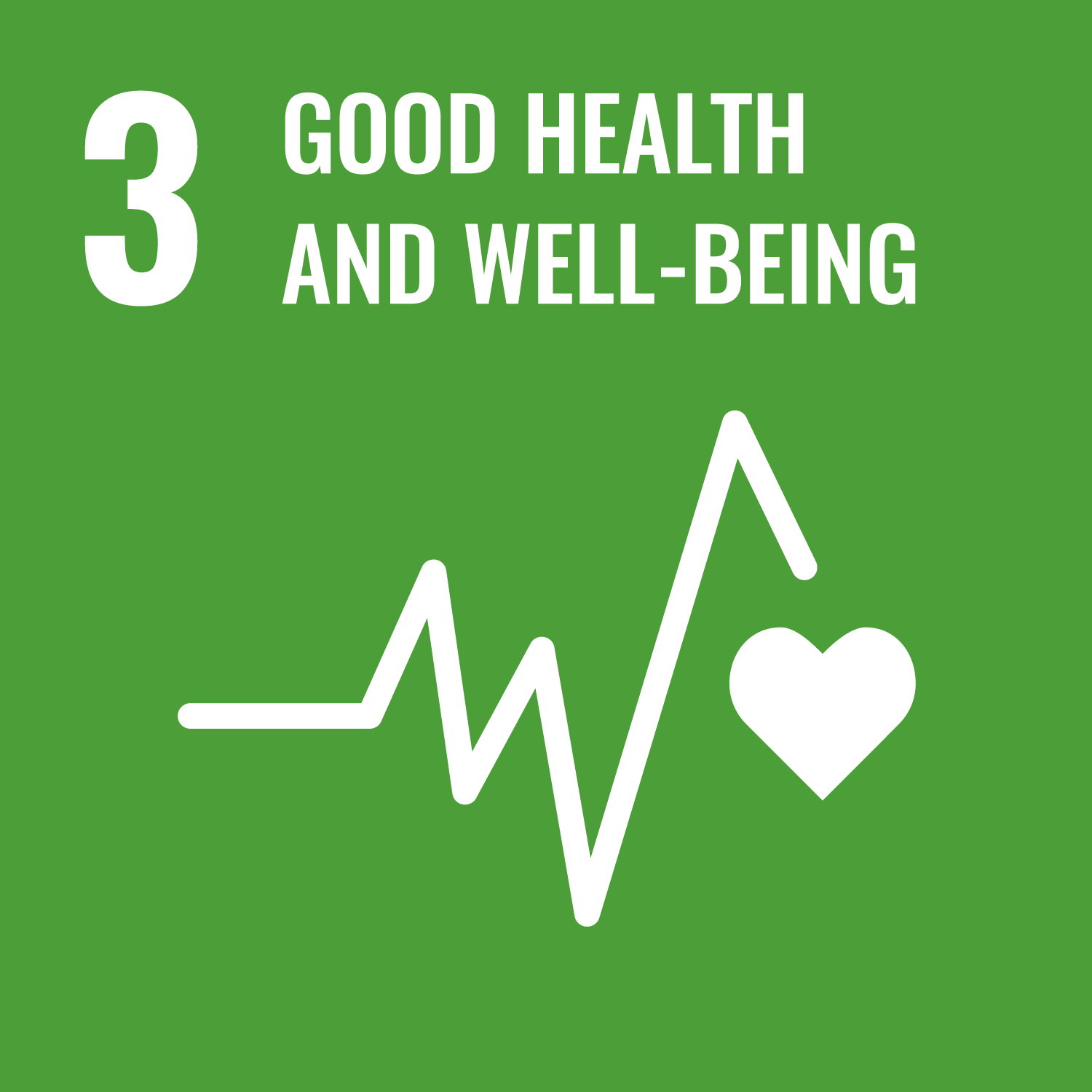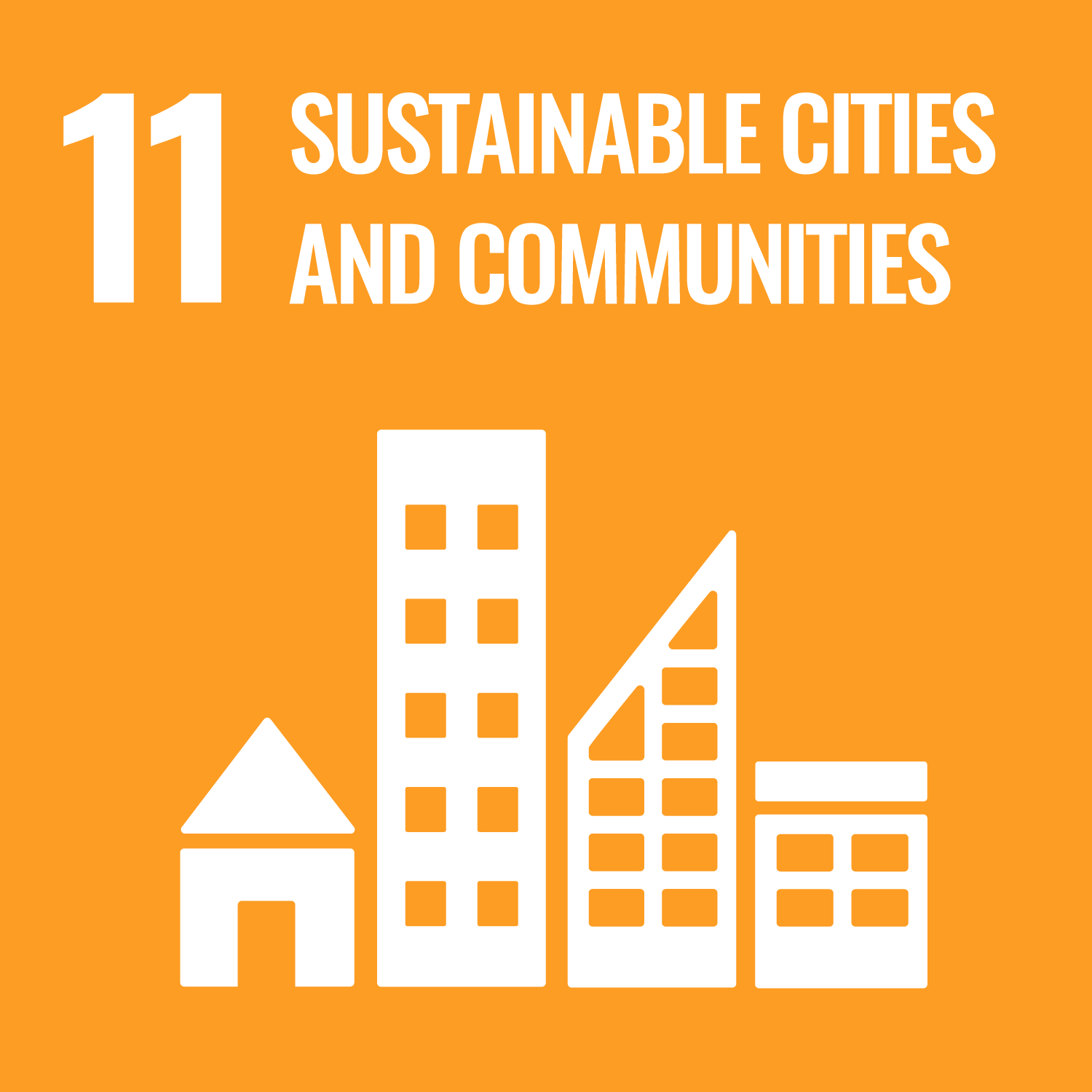Results you can count on – GRSP’s Proactive Partnership Strategy in Brazil offers a model for measurable results through cooperation
In a quiet room in São José dos Campos’ central city hospital, a 28-year-old patient recuperates from a broken leg. A few days earlier, a drunken motorbike driver struck him as he was working with a roadway repair crew.
“Safety measures are there, but they need to be increased,” the patient says, adding that he’d like to see more video speed control on the roadways, as well as digital signs that warn drivers of workers and tougher enforcement against drunk drivers.
Ultimately, he said, road safety will be achieved when people change their attitudes. “We need to put road safety in people’s minds,” he says from his hospital bed. “And we need to do more work with children. Education for children – both from parents and from schools.”
Although his injury is relatively minor, the patient is a good example of the costs of road crashes – and the potential for savings if accidents can be averted. Aside from the lost time at work, even a relatively minor injury such as a broken bone can take up valuable hospital time, money and space.
Signs of progress
Fortunately, in São José dos Campos and in several other cities around Brazil, the number of death and serious injury cases coming into local hospitals is decreasing. The downward trend is due to a strategy that promotes cooperation between city government sectors such as transportation, health and education – as well as other public, private and civil society entities – to design effective road safety interventions and, ultimately, positively change the culture of road-safety.
This approach is known as the Proactive Partnership Strategy, or PPS, and it was recently recognised by the RS10 Brazilian Federal Committee as the Operative Methodology for RS10, a project funded by Bloomberg Philanthropies that supports road safety in 10 countries, including Brazil.
The PPS was also prominently on display during GRSP’s 11th Annual General Meeting in June at the Challenge Bibendum, a major automotive industry event sponsored by Michelin that promotes innovative approaches to solving transport problems. Also known as the “Vida no Trânsito” Project, the approach works because it gets various players to build on a continuous and ever increasing comprehensive basis for an effective and accurate road-crash data bases. More specifically it aims to include data on death and serious injury within 30 days of a crash.
This data, in turn, helps municipalities develop programmes (related to local key risk factors); as well as systems (known as ‘dynamic systems of continuous improvement’) that encourage bus and taxi drivers, schools and municipalities to voluntarily and pro-actively improve safety.
At the project level, the adequate analysis of comprehensive fatal and serious crash data allows road engineers to design effective counter-measures, assist educators in creating education projects specific to their school environment, and aid police in designing targeted enforcement efforts. The data also helps city officials quantify the savings – in costs and lives – of their efforts.
Quantifiable results
At São José dos Campos’ central city hospital, for example, surgeons have seen a quantifiable reduction in the number of days that hospital beds are occupied by road-crash victims. “The programme has brought us together with the government education and transport departments – and the media – and we have managed to achieve results that we can show with proven statistics,” said Dr. Danilo Stanzani, a chief doctor at the hospital.
Since 2006, when the hospital joined other city agencies in engaging with the GRSP, the city has reduced the number of road crash deaths and serious injuries by 62 percent. Before 2006, the city had no comprehensive road-safety data. Now, according to the city’s mayor, Eduardo Cury, the city can prove it has made significant reductions in road safety related health costs.
“Data collection should not be limited to an occasional request, but be performed regularly on a monthly, quarterly and yearly basis,” he said. “That allows us to identify the target and measure performance. Clear and reliable statistics allow us to visualize the impact and trends, which in their turn help us to make better decisions and find additional financial investment.”
146 days: No deaths
In conjunction with the GRSP Annual General Meeting in Rio de Janeiro, the city of São José dos Campos hosted a series of events aimed at sharing their success story. For many participants, it was a chance to see PPS in action. Many other cities also had the opportunity to talk about their programmes, projects and systems at a forum for Brazilian mayors during the GRSP annual meeting in Rio.
“When we started [PPS] we realized that some data on accidents was missing,” said Henrique Tavares, the mayor of Guaíba, one of the participating cities. “The figures we had were not reliable.”
Now, the city has documented dramatic reductions in death and injuries – as well as in hospital costs (see story, page 1). During the Rio meeting, the mayor and the team from Guaíba were proud to report, in the Progressive Zero Vision approach, 146 consecutive days in Guaíba (approximately 100,000 inhabitants) without fatal accidents on the urban and rural roads in his city/municipality – an achievement few cities in the world can claim. Their goal is to reduce deaths on the roads by 10 percent per year and have the year of 2020 without fatal accidents.
The city of Barueri, meanwhile, joined GRSP in April 2010 and is now building a comprehensive road-safety data system. “The city was missing one element that GRSP was ensuring for the future: methodology to collect, to classify data and to reclassify crash information that will allow us to have a better diagnosis of the situation and look for more efficient solutions,” said Maurício Tundisi, the Secretary of Health from Barueri.
José Carlos de Almeida from the town of Sorocaba (partnership agreement with GRSP signed in 2010) has been participating in GRSP programmes since 2006. “When we were starting we already had a consolidated structure on road safety,” he said. “The police database consolidated since 1990 was complete and thorough. But GRSP introduced a more comprehensive fatal and serious injury data system, a new management tool for us that ensures a wider scope and better results.”
PPS Manual released
The Challenge Bibendum event in June also served as a platform for GRSP to release the first PPS Manual, which was developed to help cities around the world adapt the approach to their particular situations.
“It is very simple and very effective,” said GRSP senior advisor José Cardita, who created and pioneered the PPS strategy in Brazil for GRSP. “It brings people together, gives them tools to analyse their own reality in the field of road safety, develop common approach and stay together while implementing it. The joint work brings results that make every partner proud because it changes the quality of life for all people in the city.
“When PPS is implemented by a committed team, soundly supported, it soon becomes evident to all that the strategy works and brings practical results,” he continued. “We get the right figures and demonstrate the results that help us expand further to towns and cities. Our next steps in Brazil – to expand to full States and progressively to raise awareness at federal level .”
Growing fleet
Innovative road safety measures are desperately needed in Brazil, where rapid growth of motorcycle and auto use has worsened the road safety situation in recent decades. Luiz Carlos Caetano, who represented the city of Camaçari at the Challenge Bibendum, noted that “the growth rate of the motor fleet in our city is higher than that of the population.”
This summer’s meeting in Brazil also offered a chance for programme implementers, sponsors, advisors and potential partners to discuss the growing crisis and share their strategies and experiences in trying to solve the problem. In addition, it was an opportunity to make a public call for more political and business support for road safety efforts.
“If you do work together, if you join hands in this crisis – you will make progress,” said GRSP’s CEO Andrew Pearce. “The presentations at the Challenge Bibendum gave us astonishing examples of how effective partnerships save lives and release money for development. And when those examples come thicker and faster – more politicians, businesses and individual citizens will join.”




